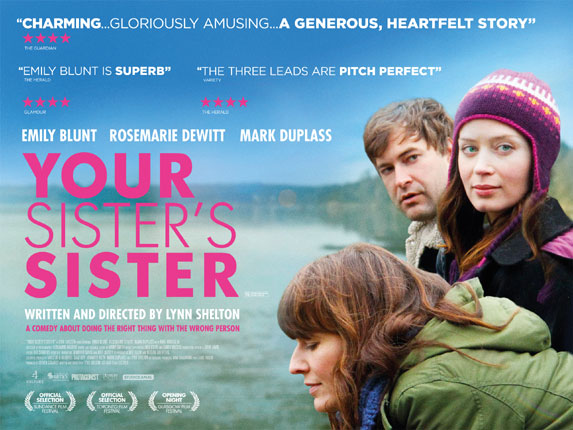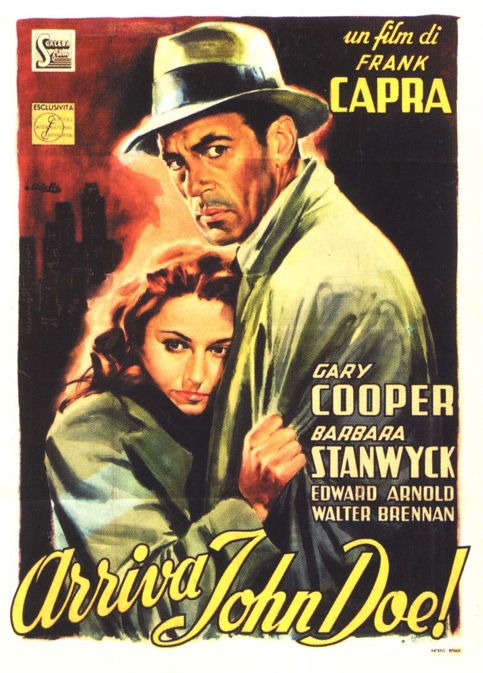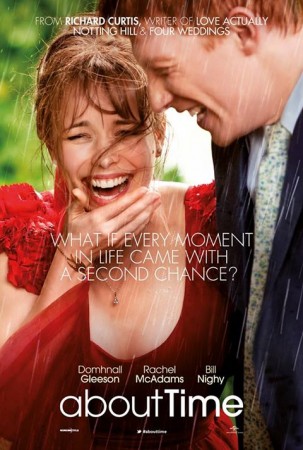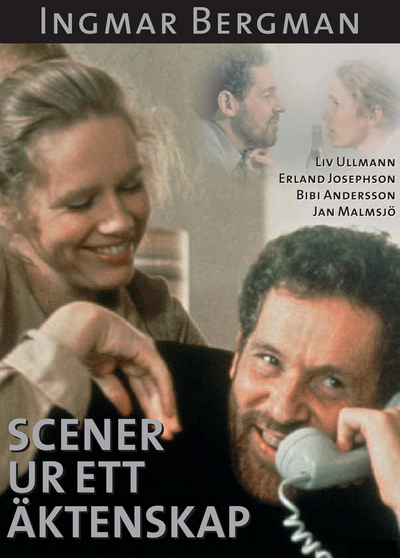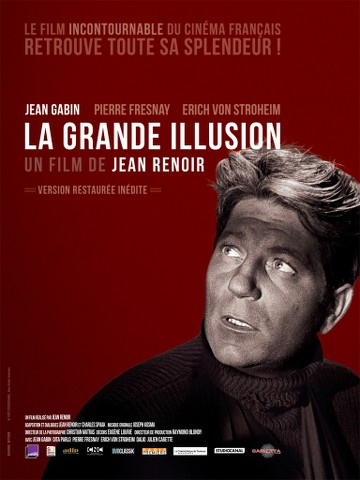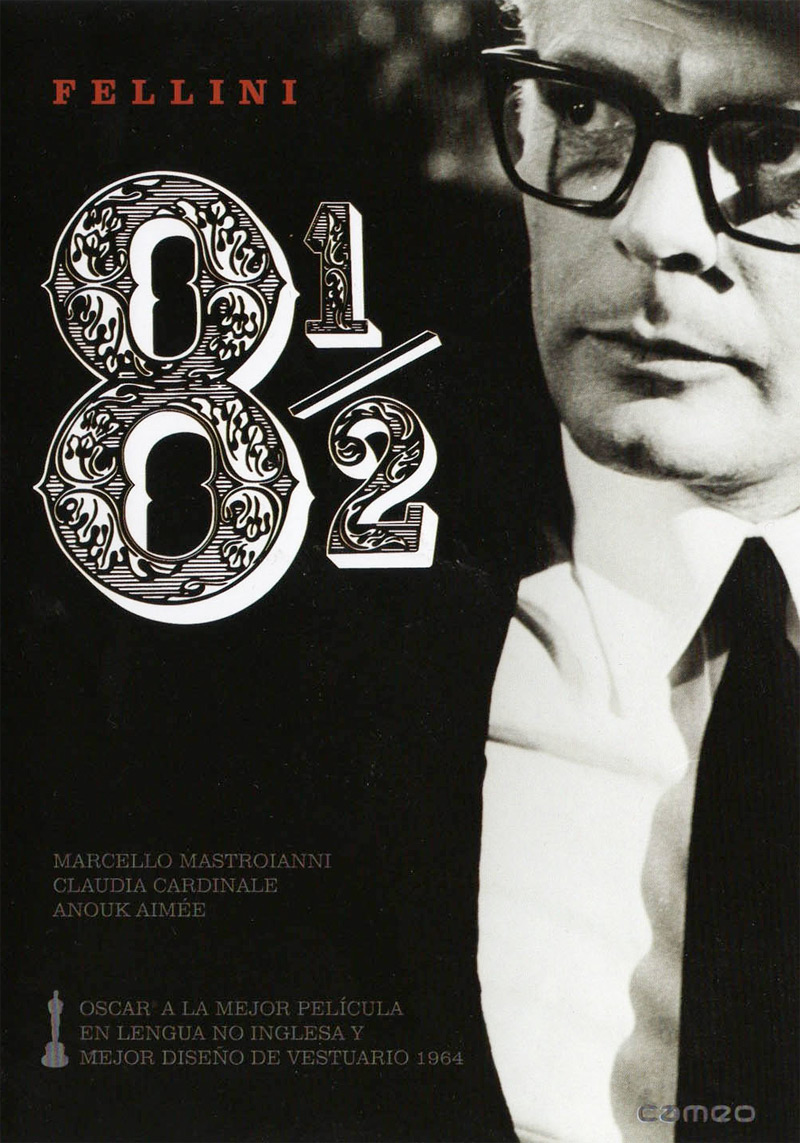Triumph des Willens (1935);
Le Chagrin et la Pitie (1969)


Director: Leni Riefienstahl; Marcel Ophuls
Yes, I actually did watch these two films as a double bill, albeit with a night in between my viewings; I needed time to digest what I had seen in Riefenstahl's film. Ophuls' film, originally made for television, is in two parts, which also allowed time to absorb what I was watching.
Riefenstahl's
Triumph usually gets compared to D. W. Griffiths'
Birth of Nation: a film whose technical sophistication complicates the horror of its theme. Riefenstahl's filmmaking abilities are unassailable; she clearly has an eye for image. She combines huge scale shots of thousands of faces, then cuts to close-ups of single faces of adoring people in the crowd, often children and women. In one shot of a rally, I could see the lift containing a camera (and camera operator) moving up and down behind Hitler. To be able to imagine such scope, and actually get that amount of coverage is highly impressive. If it weren't for the content and message behind those images, Riefenstahl would be widely regarded as one of the best directors in cinema history.
Watching
Triumph des Willens with hindsight adds a horrible chill to everything you see and hear. Behind the speeches of Hitler and his faithful offsiders we see the concentration camps where countless people were murdered. I also saw the shame of the German people, most beautifully depicted in
Judgement at Nuremberg, which casts a shadow on the happy faces of 1935. The film is still powerful, perhaps even moreso than Riefenstahl and National Socialism imagined.
To watch Ophuls film afterwards brings home the realities of life behind Hitler's grand vision. France's occupation is still something not really depicted in popular culture and film, and if it is, it is in relation to the Resistance. As Ophuls shows in his film, Vichy France was a complicated place. The title in French is 'Le Chagrin et la Pitie,' pointing to both sadness and shame; no one is showered in glory.
Ophuls interviews with people from all sides of life in Vichy France, without any of Riefenstahl's subjective approach. We hear from a Jewish-French politician who had to escape jail, a woman who had her head shaved for being married to a Vichy officer, a French fascist who supported Nazism, a German officer who was stationed in Vichy France, and a French man speaking about his experiences to his children. The later idea is what fuels the film: that young people don't know what happened in their own country within their parents' lifetimes.
Ophuls' mixture of contemporary interviews with archive footage is very effective, and felt very modern. While documentaries are not a genre you generally describe as enjoying, I was very engaged in Ophuls' film, and feel like I got an insight into life in Vichy France.
Watching the two films, the difference between documentary and propaganda is obvious. Riefenstahl's technical mastery provides no interrogation of her content, while Ophuls' movement between historical footage, some of which may have been propaganda, and interviews questions our own mythology about the past, and how important it is to seek out truth, no matter how complex it is.

